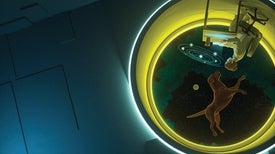
Why We’ll Never Live in Space
Medical, financial and ethical hurdles stand in the way of the dream to settle in space

Medical, financial and ethical hurdles stand in the way of the dream to settle in space

If it had hit Earth, this coronal mass ejection could have caused continent-scale blackouts, scientists say

TRAPPIST-1 could make or break the extended push to make red dwarfs an astrobiological priority

The decision to send hominin bones on a commercial spaceflight has raised eyebrows among paleontologists
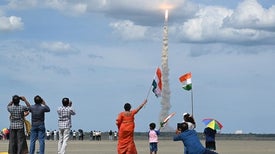
The successful lunar landing of the Chandrayaan-3 mission makes India only the fourth country to achieve the feat
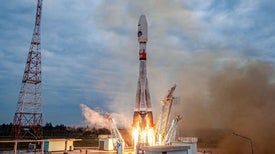
Luna-25, Russia's first moon mission in nearly a half-century, was the vanguard of a planned series of lunar probes
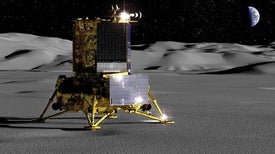
In the latest chapter of an ongoing “moon rush,” Russia’s Luna-25 mission will attempt the nation’s first lunar landing in nearly 50 years
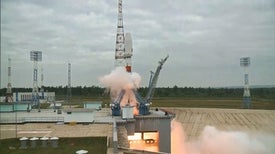
The Luna 25 spacecraft will attempt to land at the lunar south pole for the first time in a hunt for valuable water ice
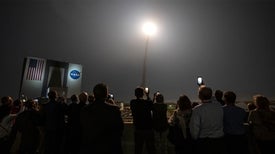
Scholars look to understand how Americans view space activities
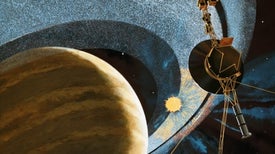
A glitch may have silenced NASA’s Voyager 2 spacecraft until mid-October—but a “heartbeat” signal offers hope for reestablishing contact earlier
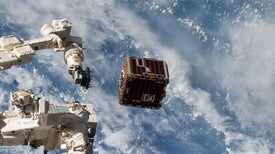
We need satellites and rocket bodies designed with an end-of-life plan to keep space uncluttered and navigable
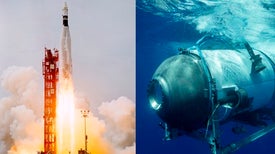
Explorers of space and the deep sea face similar dangers, but some differences make one realm safer than the other
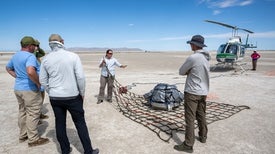
Scientists are gearing up for a high-stakes finale to OSIRIS-REx, the first U.S. mission to snare a sample from an asteroid
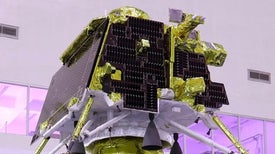
After a failure in 2019, India’s second attempt to land on the moon comes as the nation signs on to a U.S.-led plan to shape future global lunar activities
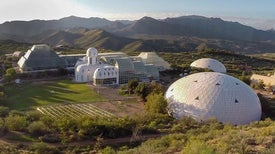
At a stay in Biosphere 2, I went in skeptical but learned to understand why analog astronauts love what they do
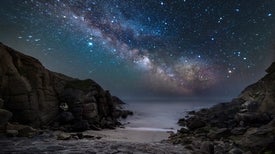
Tiny spheres of once-molten metal magnetically dredged from the seafloor could be pieces from IM1, a potential interstellar meteor that struck Earth in 2014
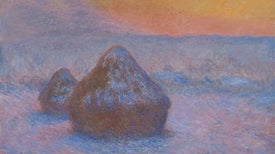
Astrophysics reminds us that earthly beauty has stellar origins
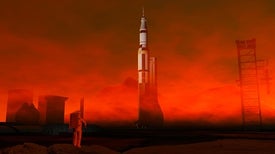
Privately owned space colonies are more likely to be totalitarian nightmares than libertarian utopias

Here’s how the winners of NASA’s Deep Space Food Challenge are making food out of thin air

More and better data are required to solve the mystery of strange apparitions in the air, the sea and space, according to NASA’s Unidentified Anomalous Phenomena Independent Study team...
Support science journalism.

Thanks for reading Scientific American. Knowledge awaits.
Already a subscriber? Sign in.
Thanks for reading Scientific American. Create your free account or Sign in to continue.
Create Account